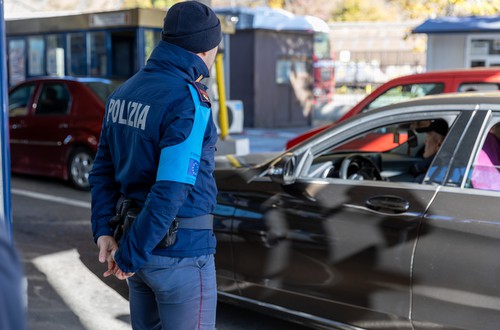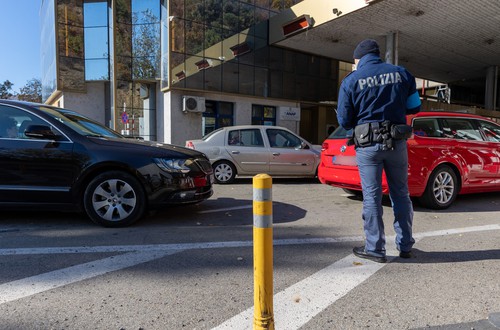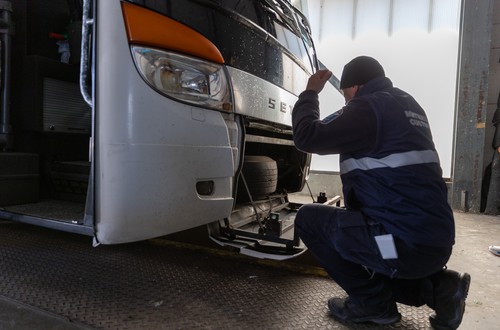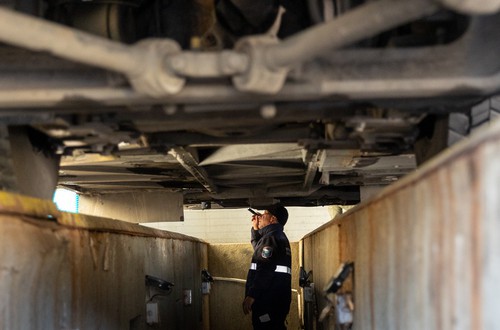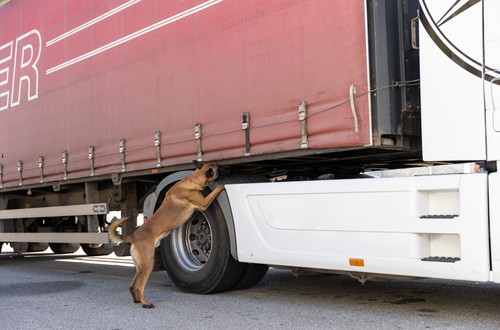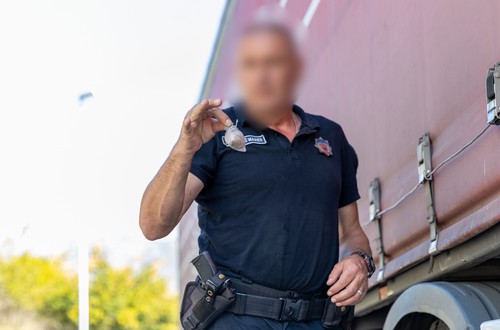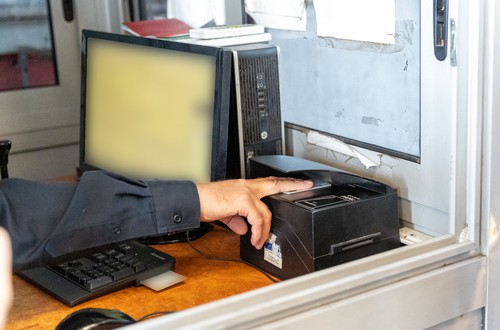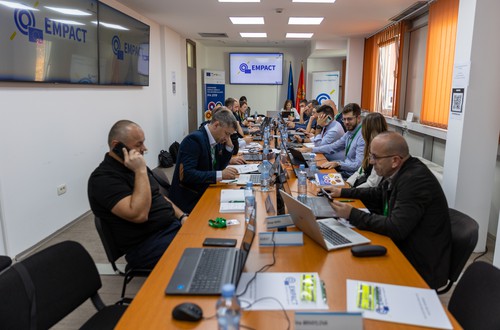Frontex, the European Border and Coast Guard Agency, teamed up with 28 countries, Europol, INTERPOL and Eurojust to combat drug and firearms trafficking, migrant smuggling and trafficking of human beings.
Almost 16 000 officers were involved in the operation, known as Joint Action Day (JAD) South-East Europe, that took place between 26 and 29 October, mainly in the Balkans and Southeast Europe. The operation was coordinated by Spain and Europol and co-led by Frontex. It was planned based on an intelligence-led approach and included intensified checks on the EU’s external borders.
In total, the activities led to 382 arrests of suspects, the majority of which involved in drug trafficking, facilitation of illegal immigration, document fraud and the trafficking of firearms. Officers on the ground detected a number of offences related to the facilitation of illegal immigration and related legal violations such as document fraud. The arrests and evidence retrieved has allowed law enforcement authorities to initiate 130 new investigations. 106 firearms were seized, as well as 304 kg of heroin and 1.3 kg of cocaine.
Frontex supported the action in the framework of some of its ongoing joint operations at land and sea borders, i.a. Joint Operation Terra, taking place along EU’s eastern borders, Joint Operation Moldova and various Joint Operations in Western Balkans. To facilitate the cooperation, Frontex operational officer was present in the coordination centre, hosted for the first time by a third country, Montenegro.
The Balkan route
The Balkan route is notorious for its use in a number of
crime areas, including migrant smuggling and the trafficking of firearms and
drugs into the EU. Multinational criminal groups source the weapons
predominantly from countries in the Western Balkans. The firearms are then trafficked to
the EU - mainly to Belgium, France, Germany, Spain and the Netherlands. On the
other hand, the Balkan route is a key entry point for heroin traffickers, while
cannabis and cocaine traffickers also use this transition point.
Together against organised crime
The action was organised under EMPACT, the European Multidisciplinary Platform Against Criminal Threats. It tackles the most important threats posed by organised and serious international crime affecting the EU. EMPACT strengthens intelligence, strategic and operational cooperation between national authorities, EU institutions and bodies, and international partners. EMPACT runs in four-year cycles focusing on common EU crime priorities. Fighting trafficking in human beings is one of the priorities for the 2021-2025 cycle.
Participants
EU Member States: Austria, Bulgaria, Croatia, Denmark, France, Germany, Greece, Italy, Ireland, Luxembourg, Netherlands, Poland, Portugal, Romania, Slovakia, Slovenia, Spain, Sweden.
Non-EU Countries: Albania, Bosnia and Herzegovina, Kosovo*, Moldova, Montenegro, North Macedonia, Serbia, Switzerland, Ukraine and United Kingdom
EU agencies and international organisations: Europol, INTERPOL, Eurojust, IPA/2019 countering serious and organised crime in the Western Balkans, PCC-SEE, SEESAC, SELEC

